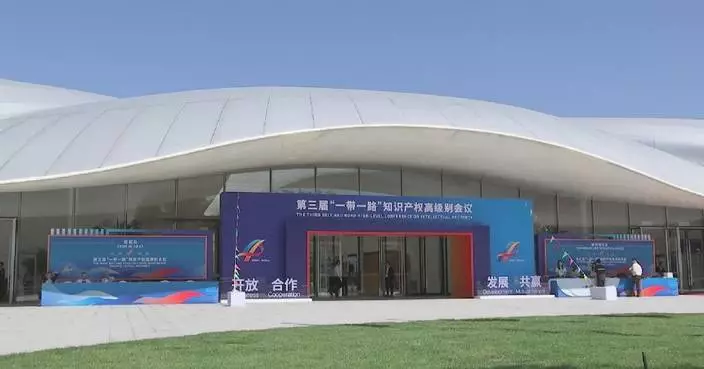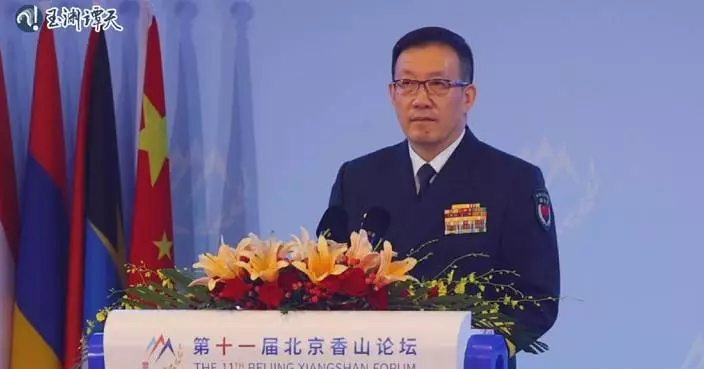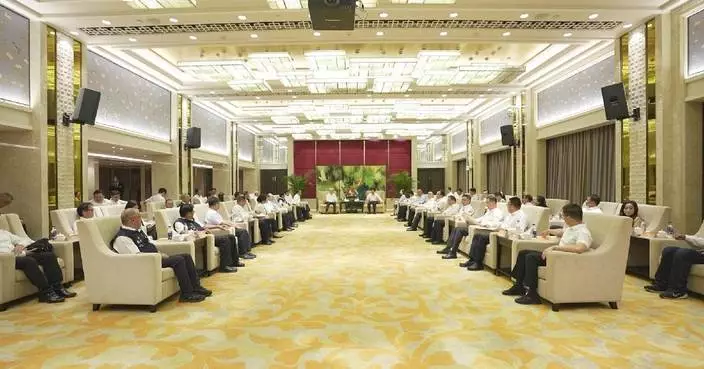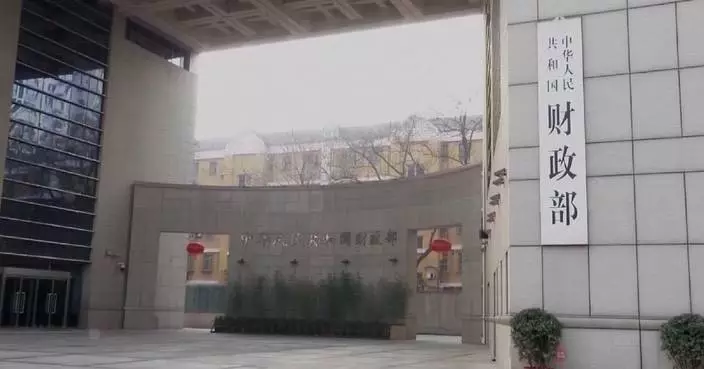Royal Philips, a technology giant headquartered in the Netherlands, is dedicated to fostering talent localization in China by tapping into the country's abundant talent pool and technological prowess, fueling rapid product innovation, and bolstering its presence and investments in the Chinese market.
The research team at the medical imaging base of Philips Healthcare in Suzhou, east China's Jiangsu Province has expanded from fewer than 10 members to nearly 200, with over half possessing master's or doctoral degrees. The production line for manufacturing core subsystem components of MRI machines at the base was developed by these researchers.
"In comparison with the machines used by Philips 10 or 20 years ago, the machine on this production line attains higher image resolution. Leveraging the technical expertise of local talent and the advantages of the industrial supply chain in China, this production line was developed from scratch by a Chinese team through independent technological innovation, research and design," said Zeng Keqiu, senior director of the MRI research and development department at the base.
Helium, a non-renewable natural resource, is extensively consumed by the healthcare industry. For instance, each MRI machine requires 1,700 liters of liquid helium and necessitates regular replenishment.
Through the efforts of researchers, Philips has reduced the liquid helium capacity per machine to seven liters. The base has become a key hub for the research and manufacturing of this machine, with the production capacity expected to increase by 100 percent this year.
"Our team in China has engaged in the research and development of all models worldwide, and we have increased our investment in the process of localized production. As of now, we have achieved over 95 percent of total product manufacturing locally in China," said Liu Ling, chief region leader of Philips Greater China.
The base currently accounts for two-thirds of Philips' global CT production. Looking ahead, Philips intends to establish more high-end system production lines in China.
In addition to the continuous evolution of its research team, Philips is actively exploring more Chinese talent for the expansion of its supply chain and global markets.
Lu Xiaohong is a senior director of the global CT supply chain at the base. Two decades ago, she held a modest role as a planner within Philips' supply chain team. Today, she not only supervises the supply chain team at Philips' largest factory in China but also heads the company's CT supply chain teams in Israel, Poland and the United States.
"Some crucial components used to be supplied by Israel previously. Through technology transfer and research and development innovation, we have set up our own local manufacturing center. In this global context, by establishing our entire capacity center in China, we are focusing not only on manufacturing but also on the supply chain. This includes placing some of our key leadership positions in China," Lu said.
The leadership of Philips Greater China had traditionally been held by foreigners. But in July of this year, Liu became the first Chinese person to assume this role in the company's history.
"I remember very clearly that when I first joined the company, all the senior executives were foreigners. Now, 90 percent of my senior management team is local talent. Particularly in the context of Chinese modernization, we focus on recruiting, nurturing, and developing talent. Our goal is to be a truly localized company, not merely passersby or visitors," Liu said.
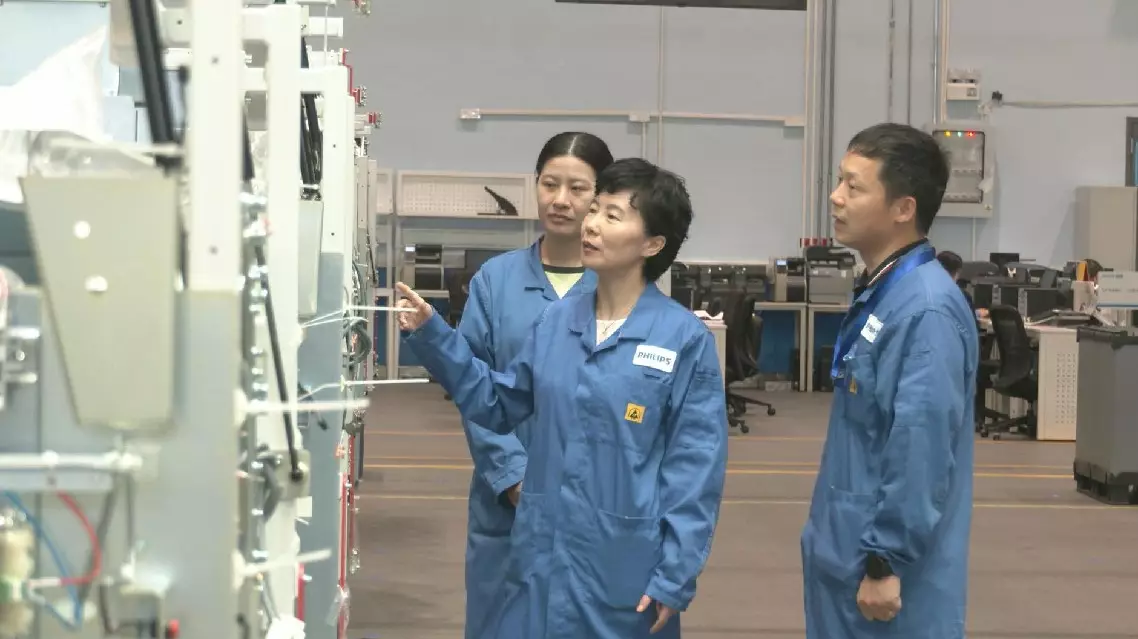
Dutch tech company Philips fosters talent localization in China, driving innovation, investment
Russian President Vladimir Putin on Thursday voiced willingness to work together with China to advance multipolarity and build an international order based on justice and international law.
Putin made the remarks during talks with Wang Yi, a member of the Political Bureau of the Communist Party of China Central Committee and director of the Office of the Central Commission for Foreign Affairs, in St. Petersburg.
Putin asked Wang to convey his sincere greetings and best wishes to Chinese President Xi Jinping, expecting China's attendance at the BRICS leaders' summit in Kazan next month.
Russia and China, acting on the principles of equality and mutual benefit, have been deepening their comprehensive strategic partnership of coordination for the new era. Interactions at all levels maintain a strong momentum, and cooperation in various fields is progressing smoothly, he said.
Russia is willing to take the 75th anniversary of the establishment of diplomatic relations between the two countries this year as an opportunity to follow through on the important consensus reached by the heads of state, strengthen the alignment of development strategies, and lift the Russia-China relationship to a new level, said Putin.
Putin thanks China for its support for Russia as the rotating chair of BRICS, stressing that the BRICS security council meeting has achieved positive results, and the successful dialogue with the Global South countries fully demonstrates the influence and strength of BRICS.
The Russian president applauded China's diplomacy based on the long-term and the common future of humanity, and voiced willingness to strengthen coordination with China to unite more Global South countries and jointly push for a multipolar world so as to build an international order based on justice and international law.
For his part, Wang conveyed Xi's warm greetings to Putin.
China and Russia have solid mutual trust and a profound friendship, he said, adding that under the strategic guidance of the leaders of the two countries, the China-Russia comprehensive strategic partnership of coordination for the new era has achieved sound and steady growth.
The two sides have strengthened strategic cooperation, rejected unilateral bullying, and resist bloc confrontation, which is in line with the trend of the times and the common aspirations of the vast number of the countries of the South, said Wang, adding that China is willing to maintain strategic communication with Russia, unite more like-minded countries, and promote world multipolarity.
He said that with the joint efforts of all parties, the BRICS Plus cooperation has got off to a good start.
At the upcoming Kazan Summit, the first meeting of leaders after the expansion of BRICS, China will continue to offer full support for Russia in fulfilling its responsibilities as the chair, and strive to make the summit a full success.
China is ready to work with BRICS partners to push for an equal and orderly multipolar world and universally beneficial and inclusive economic globalization so as to make contributions to building a community with a shared future for mankind, he added.
The two sides also exchanged views on the Ukraine issue.
Putin appreciated the "six-point consensus" made by China and Brazil, reiterating Russia's openness to negotiations.
Wang said that China is committed to promoting a political solution to the crisis and is willing to work with all parties to foster an objective, rational, and balanced voice in the international community.
Before their meeting, Putin met with the heads of delegations attending the meeting of the BRICS high-ranking officials responsible for security matters and national security advisors.
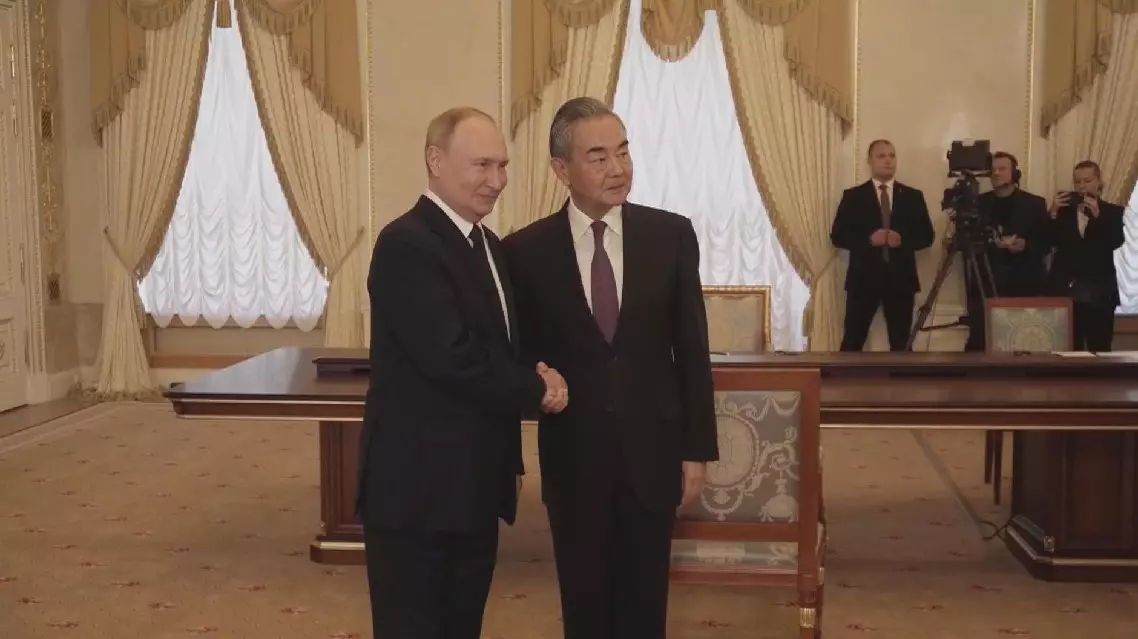
Russia to work with China for multipolarity, fair int'l order, says Putin




